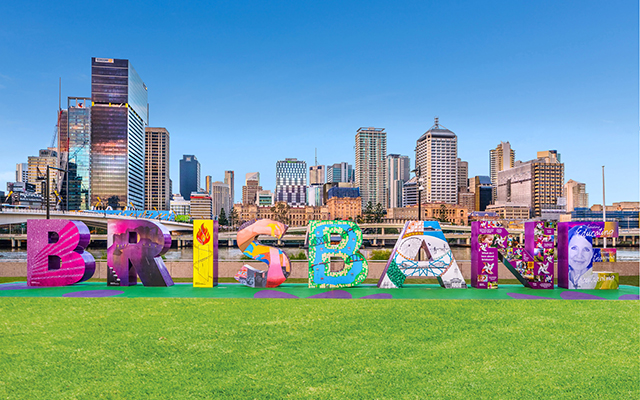As more mandates on sustainable aviation fuel (SAF) usage surface, corporate travel managers are reviewing their travel policy to better meet responsible travel objectives and identify savings.
Singapore is the latest in the world to set a SAF mandate for all flights departing from its airports from 2026. This will come with a fuel levy on flights departing Singapore, which would result in pricier airfares. An economy class ticket from Singapore to Bangkok, Tokyo and London could go up by around S$3 (US$2), S$6, and S$16 respectively.

Elsewhere in Asia, Japan has an SAF mandate for 10 per cent by 2030; India one per cent by 2027 and five per cent by 2030 for international flights; and Malaysia 47 per cent by 2050.
European governments have been the most active in setting SAF mandates. Norway, Sweden and France established SAF requirements in 2020, 2021 and 2022 respectively. The rest of the European union will implement a two per cent SAF mandate in 2025, increasing this to six per cent and 70 per cent by 2030 and 2050, while the UK is planning an SAF mandate of 10 per cent by 2030.
According to reports, SAF could cost two to 10 times more than traditional jet fuel, depending on its composition.
Ben Wedlock, senior vice president, global sales, Asia Pacific with BCD Travel, told TTG India that current fuel surcharges form up to six per cent of the airfare while a SAF levy could add a further half a per cent to the total cost.
Varun Mehra, regional lead – Asia Pacific, CWT Solutions Group, said such developments have sparked interest among his clients with frequent fliers, and many are “recalibrating” their travel programme, bearing in mind the possible rise in airfares due to the higher costs of green fuel.
Forward thinking clients, according to Mehra, are scrutinising the share of travel involving carriers or destinations affected by these mandates; revising travel policies to be more in tune with Environmental, Social, and Governance goals; exploring alternative travel solutions; and actively initiating discussions with airline partners to incorporate SAF-related commitments into commercial negotiations.
As more clients review their travel policies, Wedlock believes that sustainability education is key. A main challenge for travel managers is the definition of sustainability – such as how it impacts the traveller, how it impacts their core goals, and what SAF really is, etc.
“Part of my advocacy for the industry is to recognise sustainability and our choices moving forward,” said Wedlock.
He noted that SAF is “not the silver bullet that will instantly reduce emissions”, as it is “really expensive and incredibly challenging to get our hands on”. At the same time, “the carbon dioxide burn-off from SAF and conventional fossil fuels is quite the same; the difference lies in the production process”.
“Corporates must, therefore, understand the impact of their current travel programme and be focused on purposeful travel (not just on the use of SAF for their flights),” said Wedlock.
He also advised travel managers to review the entire travel procurement process, so that sustainable choices can also be made with accommodation, car hire and other essential services.
When asked how soon SAF mandates would make flying too pricey, Subhas Menon, director general of the Association of Asia Pacific Airlines, said fare changes would not be immediate because SAF availability is still low – current supplies will only meet 0.5 per cent of global aviation needs by end of this year.
He stated that the affordability of sustainable flights would depend on government policies that incentivise SAF production as well as inventory levels.
As for greener alternatives to flying, Wedlock said travellers are rather restricted in Asia-Pacific. “The domestic commute network is excellent in countries like Japan, China and India, but outside of that, there is no other sustainable alternative. To get from Singapore to Kuala Lumpur (Malaysia), for example, you could drive 10 hours or jump on that 45 minute flight.”
Hence, it is crucial that governments reinvest green taxes into infrastructure that supports green travel, urged Wedlock.
















